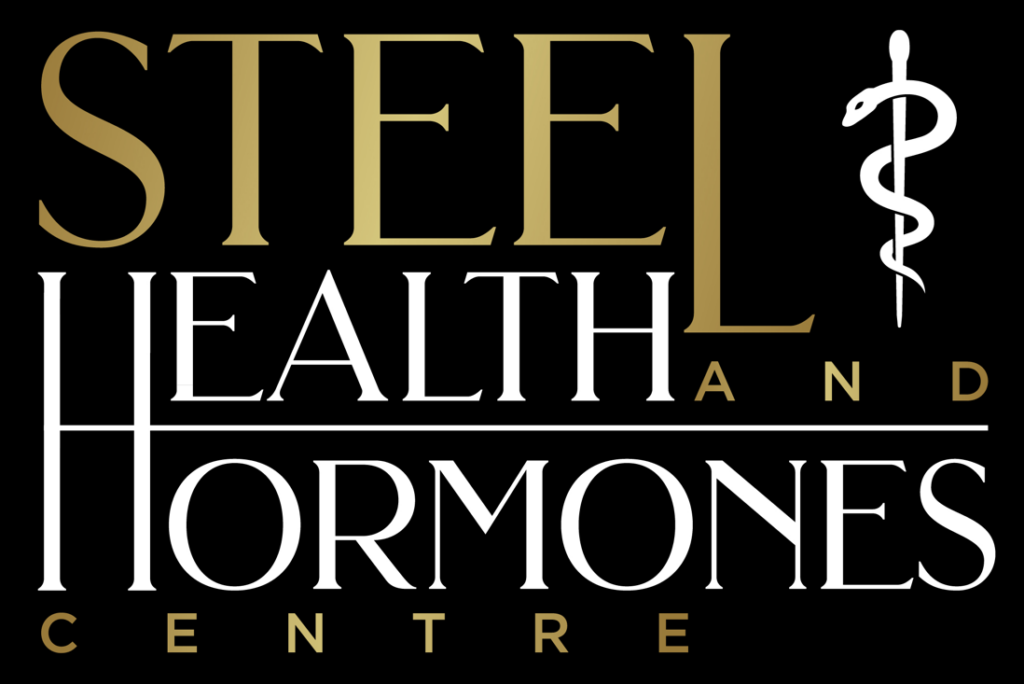There’s a lot of fear and misinformation surrounding compounding pharmacies. Many people mistakenly believe there’s no regulation or oversight — and that’s simply not true. In this post, I’ll set the record straight. If you’d prefer to watch rather than read, check out the video above where we go even deeper into the topic.
Quick Disclaimer
While I am the owner of Steel Health and Hormones Centre, an HRT clinic located in Pittsburgh, Pennsylvania, I am not a doctor. This content is for educational and entertainment purposes only and should not be taken as medical advice. If you’re interested in working with a qualified medical professional, fill out the contact form below and we’ll be in touch within 24 hours.
Understanding 503A vs 503B Compounding Pharmacies
There are two categories of compounding pharmacies: 503A and 503B. Let’s break down the differences.
503A Compounding Pharmacies
503A pharmacies compound medication specifically for individual patients and send it directly to them. If you’re receiving your medication in the mail, you’re almost certainly getting it from a 503A pharmacy.
These pharmacies are regulated by:
- The state in which they operate (including routine inspections)
- Federal compounding standards, particularly:
- USP 795 (non-sterile compounding)
- USP 797 (sterile compounding)
So, contrary to the myth that compounding pharmacies operate without oversight, 503A pharmacies must meet both state and federal requirements to stay in business.
503B Compounding Pharmacies
If you receive treatment directly at your clinic, the medication likely comes from a 503B compounding pharmacy.
503B pharmacies are allowed to manufacture medication in bulk and ship it to healthcare facilities for office use. Because of the volume of medication involved, errors could have serious consequences — so these pharmacies are directly regulated by the FDA and undergo risk-based inspections.
Are Compounding Pharmacies Perfect?
No — they’ve had issues in the past.
But following a high-profile tragedy in 2012, Congress passed stricter laws in 2013 (through the Drug Quality and Security Act) to tighten regulation — especially for 503B facilities.
And yes, mistakes still happen. But so do mistakes at the biggest pharmaceutical companies in the world — including companies involved in some of the largest medical lawsuits in American history. Regulation doesn’t eliminate all risk, but it makes the system safer and more accountable.
Our Standards at Steel Health and Hormones Centre
At Steel Health and Hormones Centre, we only use licensed 503A and 503B compounding pharmacies. All medications provided to our patients come from one of these regulated sources.
If you’re already a patient and notice your medications occasionally come from different pharmacies, that’s purely for shipping and logistics purposes. Our membership-based model gives us the flexibility to prioritize consistent access, so you never run out of what you need.
Ready to Work With Us?
If you’re interested in testosterone replacement therapy (TRT), hormone replacement therapy (HRT), or comprehensive bloodwork, fill out the contact form below — and we’ll be in touch within 24 hours.


